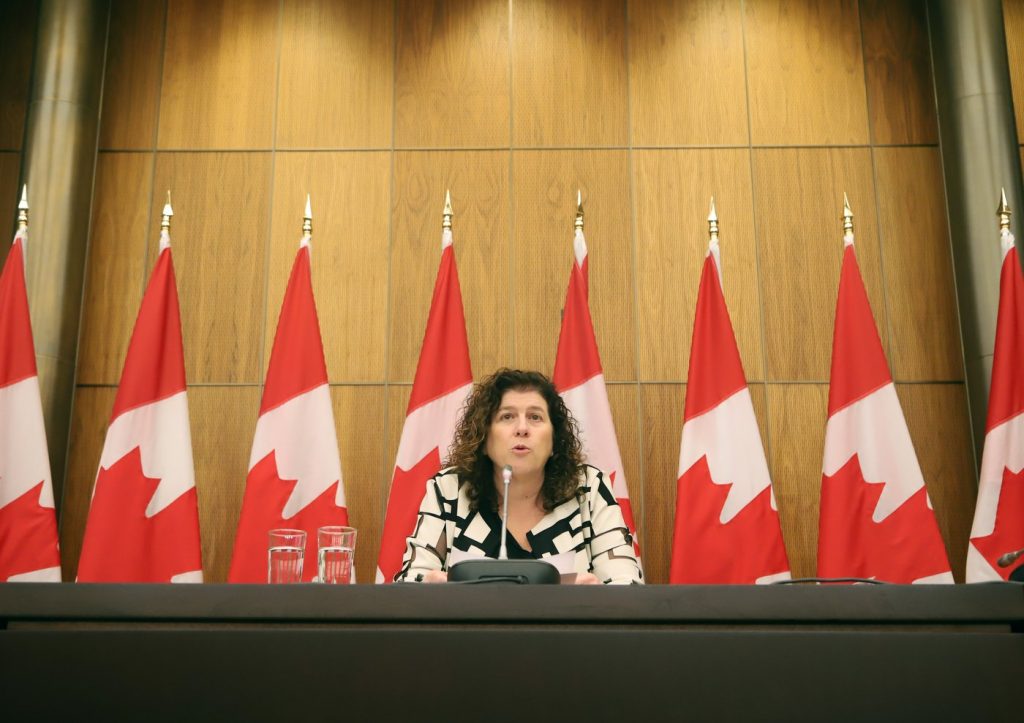Experts in artificial intelligence have expressed concerns regarding the Canada Revenue Agency's (CRA) reliance on AI technologies to assist Canadians with tax problems. The apprehensions arise from a recent report by federal auditor general Karen Hogan, which highlighted significant issues with the accuracy of responses provided by CRA call center agents. The report revealed that the CRA is answering very few incoming calls, and when they do respond, live agents provide correct information to less than one in five callers regarding personal income taxes.
Hogan's report also evaluated Charlie, a rule-based artificial intelligence chatbot utilized by the CRA, which managed to provide accurate information only about one-third of the time. Unlike generative AI—which produces new content based on user input—Charlie relies on pre-determined scripts to assist with frequently asked questions and simpler inquiries. In addition to Charlie, the CRA is piloting a generative AI model and expanding its use of chatbots by extending their operational hours and increasing the range of questions they can address.
Anatoliy Gruzd, Canada Research Chair in Privacy Preserving Digital Technologies, emphasized the necessity for the CRA to rectify its human response systems before embracing AI solutions. He argued that a thorough understanding of why human agents are prone to inaccuracies is essential prior to rolling out any major AI initiatives. Gruzd explained that chatbots rely on the accuracy of data provided by human counterparts, which underscores the importance of having a well-established human framework in place.
Adegboyega Ojo, a Carleton University professor specializing in AI governance, advocates for a mixed human-AI approach. He suggested that while chatbots could effectively manage routine inquiries, complex and nuanced questions should be directed to human specialists. Ojo highlighted that public servants must receive proper training to manage the increasing complexity of inquiries, noting that AI can help alleviate the overwhelming volume of calls facing CRA staff while maintaining the critical need for human oversight.
Jasmin Manseau, an associate professor at the University of Ottawa's Telfer School of Management, added another layer to the discussion by contrasting AI's efficacy in predictive tasks versus judgment-based tasks. He contended that while automation is suitable for routine processes, not all functions can or should be automated. Manseau stressed the importance of accuracy in the government’s AI deployment, indicating that public trust hinges on achieving high accuracy rates—ideally between 70 and 90 percent—before citizens are willing to utilize AI systems fully.
The overarching sentiment among experts is that while AI possesses the potential to improve efficiency and manage the high volumes of calls received by the CRA, it is imperative to prioritize human accuracy and expertise. Establishing a solid foundation with human agents will ultimately dictate the successful implementation and public acceptance of AI technologies within the agency.











